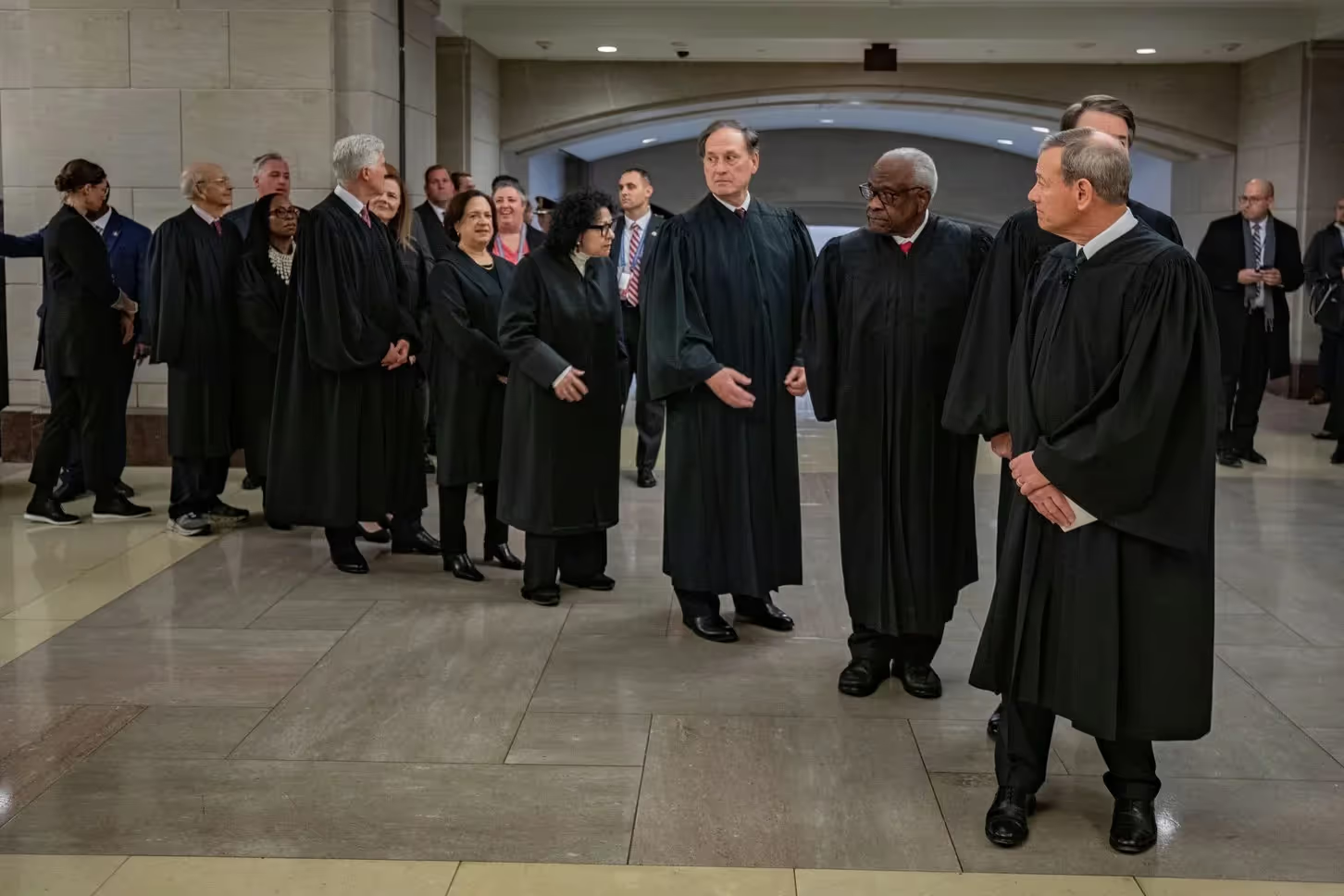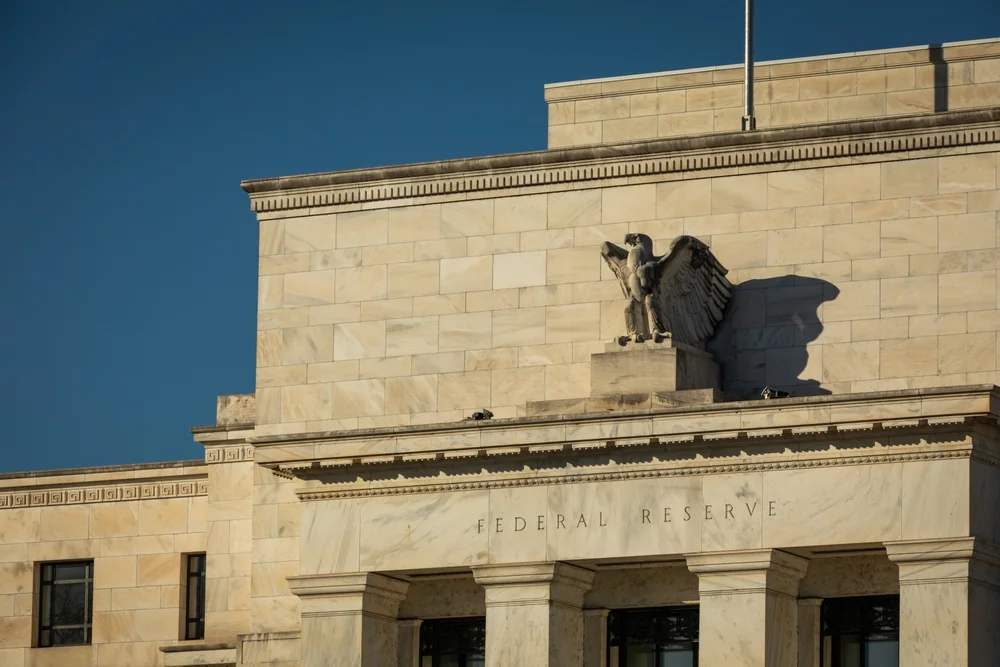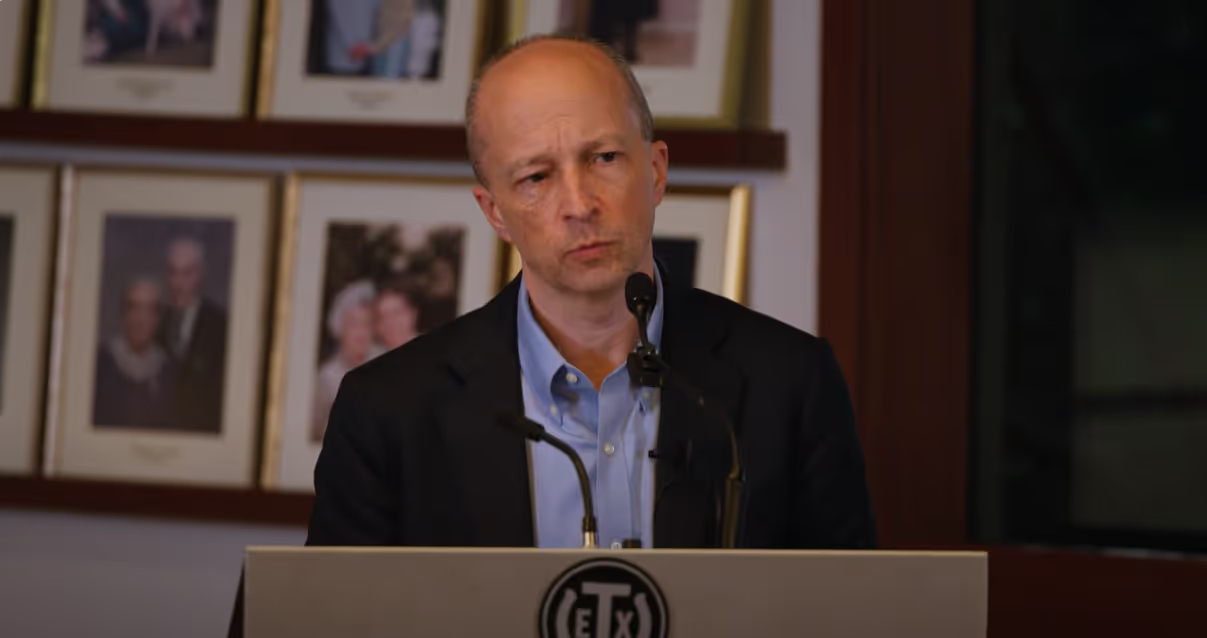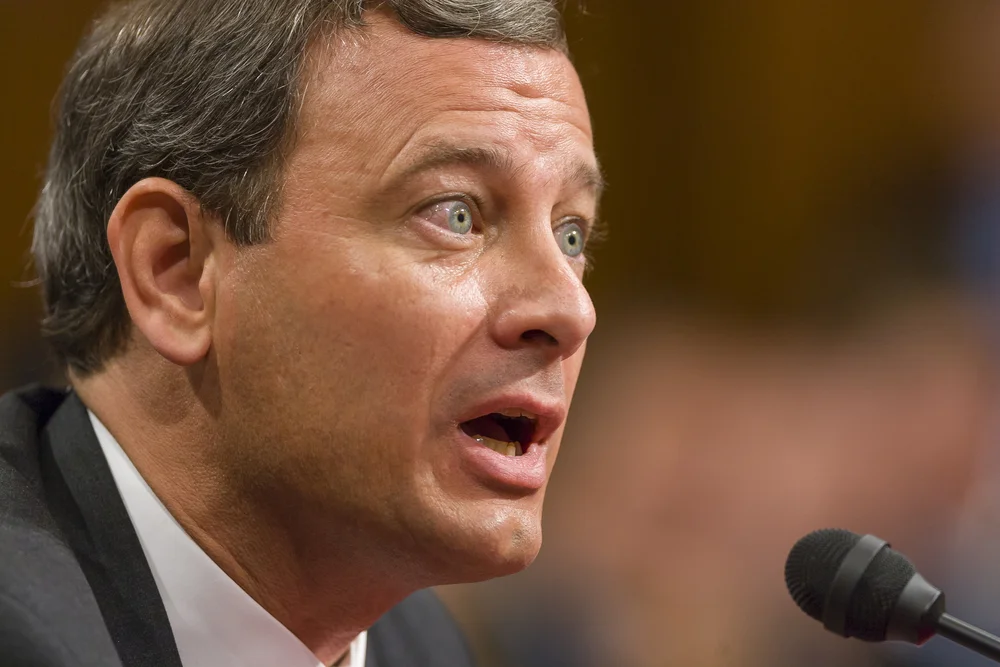
Universal Injunctions Are Dead, Long Live Universal Remedies?
Understanding Trump v. CASA and What Comes Next.
In September 2022, Justice Elena Kagan addressed the growing practice of district court judges issuing so-called nationwide or universal injunctions against the federal government—judicial orders barring the government from taking challenged actions against anyone, anywhere in the country—often on a preliminary basis, before a full consideration of the legal claims on the merits. As Justice Kagan noted, such an order, issued by a single federal judge, has the effect of halting a policy adopted by Congress or ordered by the President nationwide. Combined with the practice of forum shopping—filing suits strategically in jurisdictions likely to be predisposed to issue such relief—activist groups can bypass the political process to prevent an administration from implementing its policy agenda. Commented Justice Kagan:
you look at something like that and you think that can't be right that one district court, whether it's . . . in the Trump years people used to go to the Northern District of California and in the Biden years they go to Texas, and it just can't be right that one district judge can stop a nationwide policy in its tracks and leave it stopped for the years that it takes to go through normal process.
Justice Kagan’s concerns were well justified. Prior to the late twentieth century universal injunctions were a rarity. There were 127 such injunctions entered between 1963 and 2023, according to data compiled by the Department of Justice and Harvard Law Review. Of these, only 31 were entered before 2001. Since then, such orders have proliferated as litigants have become more aggressive in seeking broad relief, and judges have increasingly obliged. There were six universal injunctions entered against the George W. Bush Administration, 12 against the Obama Administration, and 64 against the first Trump Administration. By 2025, it had become the norm that activist groups and state attorneys general would file suits in friendly jurisdictions seeking to enjoin every major policy initiative put forward by an administration of the opposite party. Indeed, over two-dozen such injunctions were entered against the second Trump Administration in its first 100 days, according to the Congressional Research Service.
For several years, jurists and commentators have expressed doubts about the propriety and desirability of universal injunctions. Now, as a result of the Supreme Court’s decision in Trump v. CASA last month, the brief era of universal injunctions may be coming to an end.
While the underlying litigation concerned the lawfulness of the Trump Administration’s Executive Order narrowing birthright citizenship, the only question before the Court was whether district court judges had been correct to enjoin enforcement of the E.O. against anyone, anywhere, as opposed to just against those who had filed suit. In concluding the district courts had overstepped their bounds insofar as they ordered broader relief, the justices said absolutely nothing about the underlying merits. Indeed, the decision did nothing to make the judiciary’s ultimate rejection of the E.O. any less likely. The question in Trump v. CASA was not whether the E.O. is lawful, but rather what a judge can do about an allegedly unlawful action in a given case.
In a sweeping and compelling opinion by Justice Amy Coney Barrett, a majority of the Court concluded that universal injunctions exceed the scope of the judicial power under the Judiciary Act. As Justice Barrett explained, Congress never granted district courts the authority to enjoin the federal government from taking action against parties not before the court. This is true no matter how egregious or objectionable the government action is..
“A universal injunction can be justified only as an exercise of equitable authority, yet Congress has granted federal courts no such power,” Justice Barrett explained. While it is commonly remarked that it is the province and duty of federal courts to “say what the law is,” and police the lawfulness of executive branch action, “federal courts do not exercise general oversight of the Executive Branch.” Rather, “they resolve cases and controversies consistent with the authority Congress has given them.”
While resolving a specific legal challenge to a given governmental action, courts are necessarily called upon to determine the meaning and effect of relevant enactments. This often entails determining what a statute means and whether a given executive branch action complies with the relevant statutory, or even constitutional, requirements. And suppose a court concludes that a federal agency has exceeded the scope of its delegated power or violated some other legal constraint. In that case, it may rule accordingly and prevent the government from taking the challenged action against the parties before the court. But this does not mean that a single federal district court judge can bar the government from taking such action anywhere and everywhere, particularly insofar as such a prohibition is not necessary to provide relief to the complaining party.
In reaching this conclusion, the Court’s majority embraced what may be best understood as a dispute-resolution conception of the federal judicial power. Under Article III of the Constitution, courts have the power to consider cases and controversies between adverse parties and provide legal or equitable relief to the party who prevails. Resolving such disputes requires identifying which side has the stronger argument, and determining what the relevant law is, but this does not give individual judges the authority to resolve contested legal questions for the nation as a whole.
In a particularly aggressive dissent, Justice Ketanji Brown Jackson articulated a vastly different conception of judicial power, under which it is the power and duty of each and every federal judge to serve as a sentinel against potentially unlawful activity by the executive branch, even when such activity is not properly before the court. According to Justice Jackson, “the function of the courts—both in theory and in practice” is not limited to “doling out relief to injured private parties,” but also requires “announcing what the law requires . . . for the benefit of all who are protected by the Constitution.” Leaving district courts without the ability to "require the Executive to adhere to law universally,” Justice Jackson warned, would rend the constitutional fabric and license Presidential lawlessness. (It is also worth noting that the same objection could be made to enforcing the limits of Article III standing in suits against the government, and yet Justice Jackson complained this term the Court was making it too easy for some groups to sue the federal government.)
In effect, Justice Jackson embraced what Justice Kagan concluded “just can’t be right”—allowing individual district court judges to determine the course of national policy for years on end in suits selectively and strategically filed to achieve just that result, and without express Congressional authorization.
In a tart rejoinder (by Supreme Court standards), Justice Barrett wrote:
We will not dwell on Jackson's argument, which is at odds with more than two centuries' worth of precedent, not to mention the Constitution itself. We observe only this: Justice Jackson decries an imperial Executive while embracing an imperial Judiciary.
Or, as Professor Sam Bray commented:
Resolving disputes is what gives the courts their legitimacy: It is the core of the judicial power given by the Constitution, and robust judicial power is tolerable in a democracy precisely because the judges stay in their lane. A judge's job is not to say, "Someone is wrong on the internet" and then do something about it. Instead, her job is to decide the case before her fearlessly, according to the existing law, and to give the proper remedy to whichever party wins.
While Justices Sotomayor and Kagan found reasons to dissent from the Trump v. CASA ruling, it is telling that neither signed on to Justice Jackson’s dissent. Justice Sotomayor instead wrote a separate opinion (which the other liberals joined) arguing that it was inappropriate for the Court to reject universal injunctions in a case in which there was little doubt about the lawfulness of the government action at issue. Justice Sotomayor objected to the Court’s holding without contesting its conception of the proper judicial role and the need to rein in the use of universal injunctions.
The Court in Trump v. CASA concluded that the Judiciary Act does not authorize district court judges to issue universal injunctions, no matter how wrong the government’s legal position might be, but it did not foreclose all forms of broad injunctive relief. In some cases, as the Court noted, broad and effectively nationwide relief will be necessary to provide complete relief to the parties. This may be the case where the underlying conflict is not geographically contained, or in the case of class action suits. The Court also did not resolve whether individual courts may universally nullify challenged federal regulations and other agency actions in suits under the Administrative Procedure Act. If such universal vacatur is authorized, it is because Congress provided for that under the APA, not because courts inherently have such power.
Given the nature of the underlying question in the birthright citizenship case, it should have come as no surprise that a district court quickly certified a class action against the Trump E.O., effectively reinstating a universal injunction. Provided the court followed the strictures of the Federal Rules of Civil Procedure (as it appears it did), such a move would be entirely proper—again because Congress has authorized the use of class actions, subject to constraints, and relief would not extend beyond members of the class. And while certifying a broad, nationwide class for litigation against the birthright citizenship E.O. may have been easy, that will not always be the case. Class actions may supplant requests for universal injunctions, but they will not be successful every time.
The Court may have trimmed the sails of district court remedial overreach in Trump v. CASA, but there is more work to be done to prevent the spread of an “imperial Judiciary.” Just as lower courts took liberties with their equitable authority to issue injunctions, some district courts have been too quick to find litigants have standing to sue, too willing to entertain suits against memoranda and presidential directives before they have been implemented or acted upon, and too ready to issue orders directing all manner of executive branch conduct. The justices have reversed some of the most egregious of these actions, but not enough (yet) to keep district courts coloring within the lines.
In Trump v. CASA Justice Barrett explained how judges should understand their role in our constitutional republic. For the time being, it seems a great many district court judges prefer Justice Jackson’s vision instead.
Jonathan H. Adler is the Tazewell Taylor Professor of Law at the William & Mary Law School.
Constitutionalism

Amicus Brief: Hon. William P. Barr and Hon. Michael B. Mukasey in Support of Petitioners
Former AGs Barr and Mukasey Cite Civitas in a SCOTUS Brief

Rational Judicial Review: Constitutions as Power-sharing Agreements, Secession, and the Problem of Dred Scott
Judicial review and originalism serve as valuable commitment mechanisms to enforce future compliance with a political bargain.

Supreme Court showdown exposes shaky case against birthright citizenship
Supreme Court will hear challenges to Trump's order ending birthright citizenship, testing the 14th Amendment's guarantee for babies born in America.

Why Is the Federal Reserve Special — and Just How Special Is It?
How does the Fed fit into the Court's reform of the administrative state?

Kneecapping Powell, Undermining the Rule of Law
Donald Trump and conservatives know the perils of lawfare all too well. Why subject Jerome Powell to the same thing?


.avif)







.avif)
.avif)


%20(1).webp)


